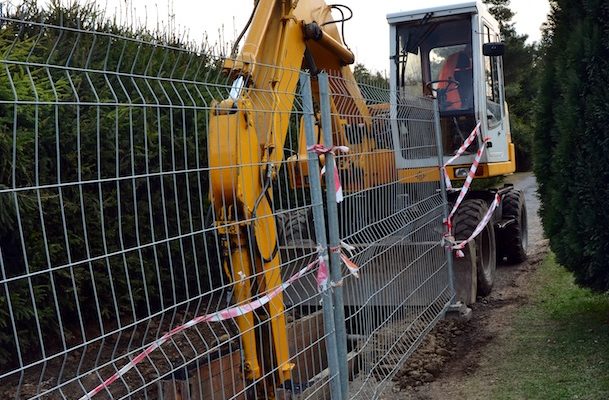By Teresa Santiago and Alice Kenny
Posted on May 15, 2019
First Case to Appear in Federal Court Wins Maximum Amount
In a history-making event, justice finally came to three day laborers whose wages had been stolen by their employer, thanks to significant intervention by Catholic Charities NY. A jury determined last Thursday, May 9, 2019, that TDL Restoration Inc. and its relating contractor company, TDL Management Corp., stiffed three of its employees for thousands of hours worked. The contractor did not pay the men regular wages nor overtime and when it issued paychecks they often bounced. Not only did the jury find in favor of the plaintiffs, … on all questions, but they are expected to be awarded the maximum damages permissible, close to $300,000, for violations of Federal and State labor laws.
…
Unfortunately, these three day laborers’ plight is not unusual
Unscrupulous contractors often stiff this group of men they consider not only vulnerable but powerless. Day laborers, typically immigrants, wait on corners under scorching sun and bitter cold hoping a contractor will offer them a job.
When left unpaid, they often feel powerless because of poverty and often lacking of legal status, to fight back.
Not this time
A team of organizations including Catholic Charities NY stood up to win this impressive victory for these otherwise defenseless men. Organizations included the Workers Justice legal team as well as National Day Laborer Organizing Network organizations. Counted among these organizations are Catholic Charities Obreros Unidos of Yonkers, Community Resource Center, United Community Center, Don Bosco Workers and Neighbors Link.
…
“Wage theft by TDL Restoration not only hurts the individual workers who should have been paid more under federal and state law,” said Catholic Charites Community Services Westchester Regional Director Esmeralda Hoscoy, “but also the businesses of law-abiding contractors whose bids on contracts are hired to reflect their higher labor cost.








